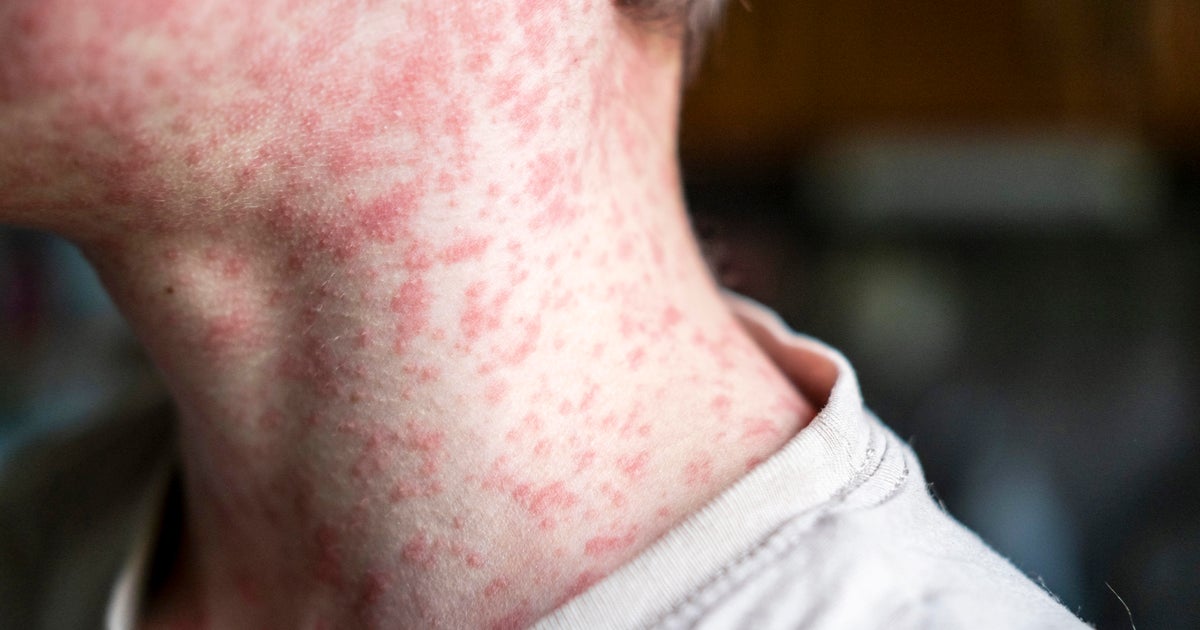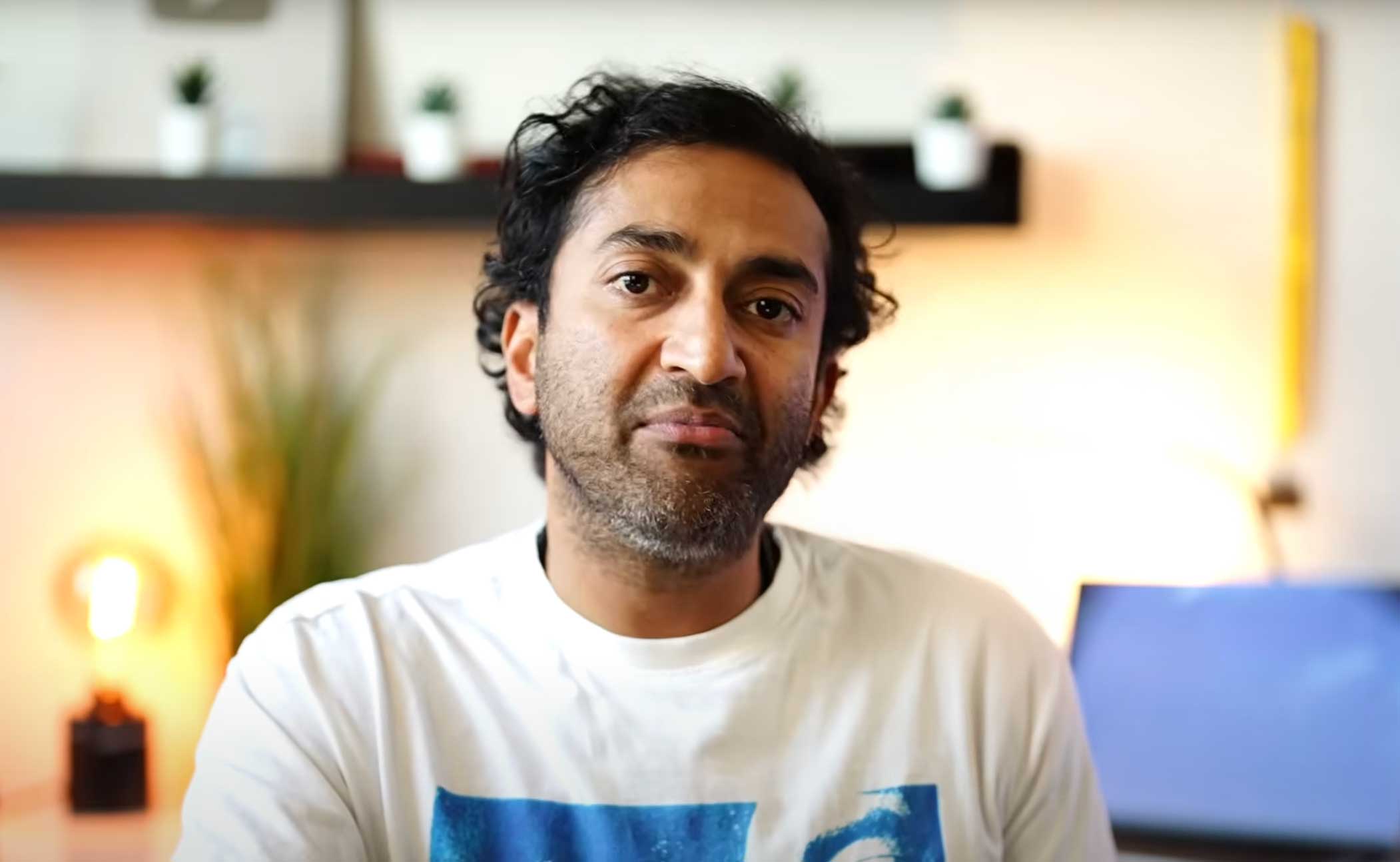Operation Warp Speed official says vaccines still "on the road" as U.S. fails to meet year-end targets
Officials with Health and Human Services, the Department of Defense and Operation Warp Speed held a briefing on COVID-19 vaccine distribution Wednesday. The briefing comes as only about two million people have been vaccinated across the United States — a far cry from the 20 million promised by the end of the year.
Despite the delay in vaccine administration, Army General Gustave Perna, chief operating officer of Operation Warp Speed, evoked confidence on Wednesday. "We are really doing well, in my opinion, in distribution," he said. "Over 14 million doses of the vaccine have been distributed to date, and everyday we push more vaccine."
According to the Centers for Disease Control and Prevention's COVID Data Tracker, however, only over 11 million doses have been distributed, and just 2 million of those have been administered. Perna said Wednesday that the discrepancy could be attributed to a lag in reporting, as well as the fact that some of the doses are still "on the road" as he was speaking.
"This week we provided jurisdictions with the final allocations of doses available, that means by tomorrow night all the jurisdictions will be able to place orders for up to 20 million doses of vaccine, which has been collective over the last two weeks plus since the first EUA by Pfizer and then following EUA by Moderna," Perna said.
According to Perna, Operation Warp Speed began distributing second doses of the Pfizer vaccine this week. Dr. Moncef Slaoui, chief advisor to Operation Warp Speed, said that it expects a third vaccine, developed in Britain by Oxford University and AstraZeneca, to be approved "sometime in early April." The U.K. government approved the more affordable vaccine for emergency use on Wednesday. "Several tens of millions of doses will have been manufactured... and therefore will be available for use if the data supports its approval," he said.
"The cadence of our execution is really coming into good posture," Perna said.
More than 10 states have received fewer doses of the Pfizer COVID-19 vaccine than originally projected, with little explanation as to why. Perna acknowledged during a briefing on December 19 that there was a "miscommunication" with states about how many doses would be initially available to them. He said he took "personal responsibility" for the miscommunication.
President-elect Joe Biden criticized the Trump administration's vaccine rollout on Tuesday. "The pace of the vaccination program ... if it continues to move as it is now, it's going to take years, not months, to vaccinate the American people," he said.
Dr. Atul Gawande, a member of President-elect Biden's COVID-19 Advisory Board, told CBSN on Tuesday that the incoming administration is still working to understand the cause of the lag.
"We still don't have all the information that's required to understand where the bottlenecks are," Gawande said. "If there are ingredient shortages to make the vaccines, then we will invoke the Defense Production Act if necessary to generate the ingredients needed. If this is a problem with distribution, then we're going to need to understand where the bottlenecks are."
"There's so many steps along the way that are critical, and the reality is it's one administration at a time," he said. "But come January 20, I think the Biden administration will be much more transparent and clear about where the challenges are what the opportunities are and how we're going to solve them."
Asked Wednesday what is causing the lag, Perna noted "numerous factors" that have delayed distributing and administering the vaccine.
"Essentially it's been just twelve days," he said. "There's two holidays, there's been three major snow storms, there's been everybody working through, you know, how to do the notification, how to make sure we're administering it the right way, how to ensure that it stays in accordance with the cold chain."
Perna also pointed to the coordination between the CDC and states. "I know there's an extensive amount of collaboration going on between the CDC, regional coordinators, and each of the jurisdictions and states accordingly," he said. "To have greater specificity at this time, after two weeks, I don't think would be appropriate."
"I do believe, as been reported to me, is that vaccine allocations or uptake usually starts out a little slow, and then it increases exponentially." He concluded: "Here's what I have confidence in, everyday everybody gets better."
HHS Secretary Alex Azar has said that by June 2021, any American who wants to get vaccinated should be able to. Gawande said he's "worried about over-promising" on a timeline of "when things are going to be able to be back to normal."
"You have to build in that there are going to be hitches in this process, and we're already seeing it in the first couple weeks getting started," he warned. "I think the realistic picture is to expect that it could be fall before things are really — enough people are being vaccinated, that we're getting back to normal."
Gawande said that "the Biden administration will do everything possible to accelerate this process," but stressed that transparency with the American people is paramount. "We've been consistently underestimating the virus, and overpromising what will be accomplished, and that has to change," he said.
The president-elect, however, has made his own promises. On Tuesday, he reiterated a vow to vaccinate 100 million people in his first 100 days in office.



